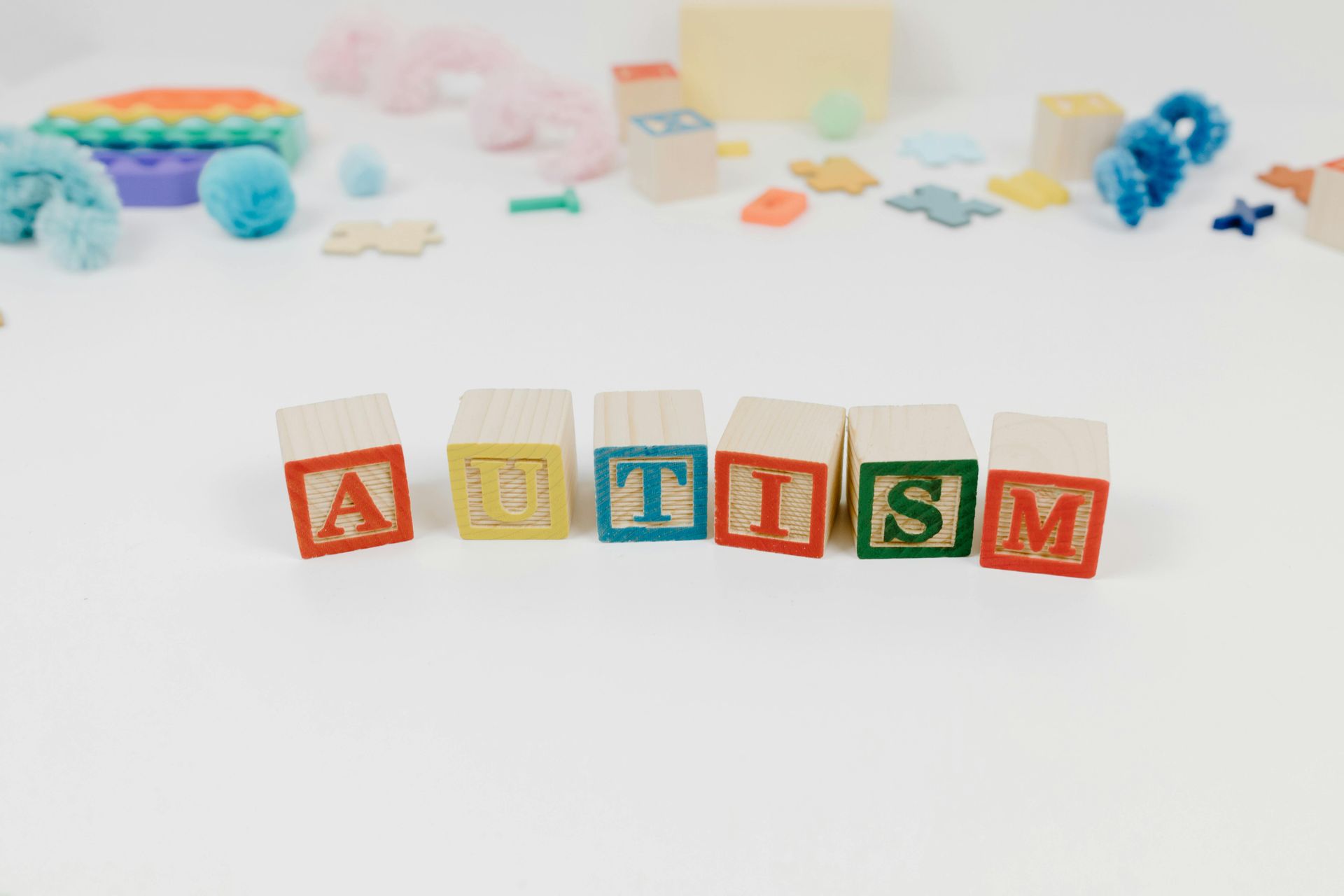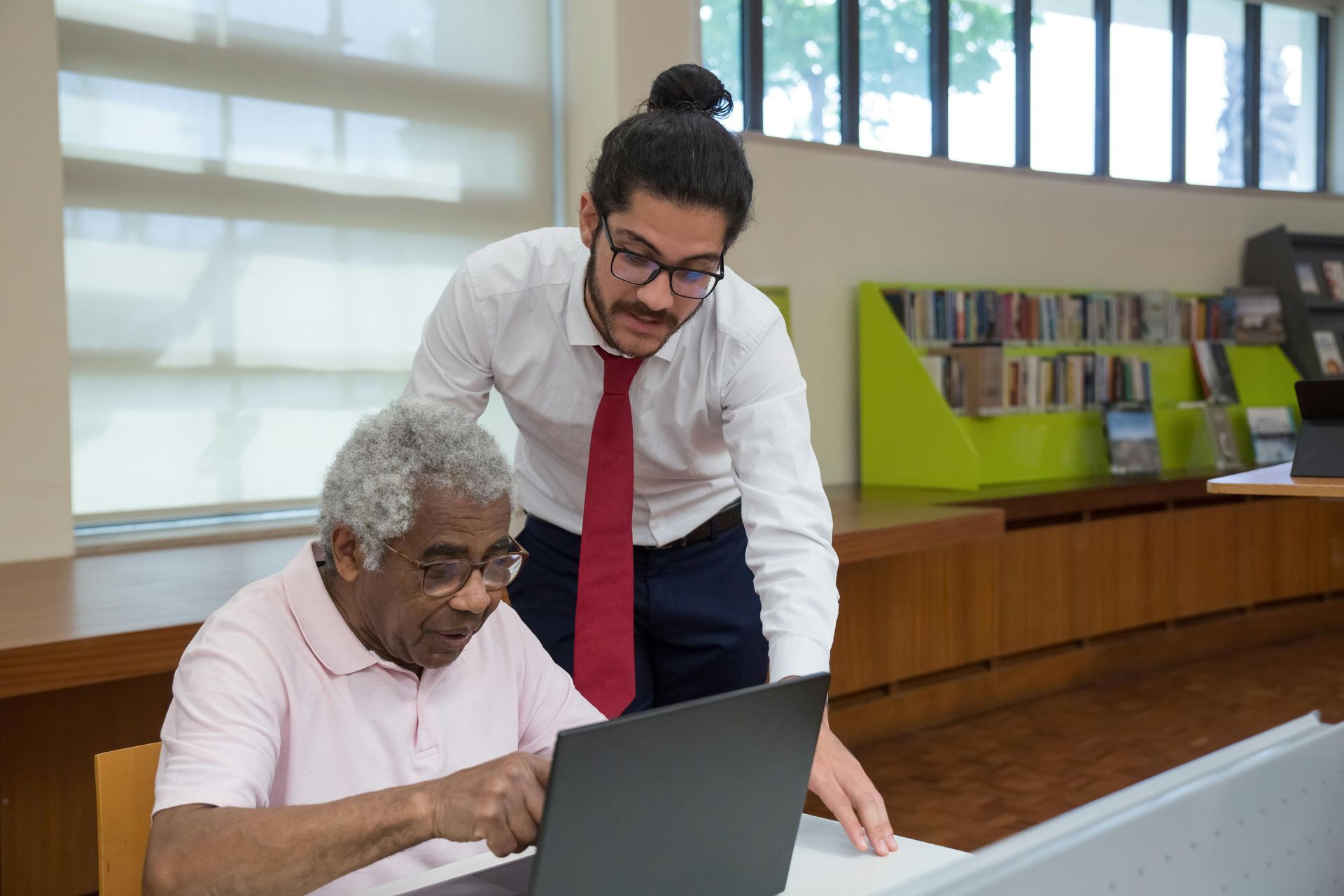In the state of Maryland, Developmental Disabilities Administration (DDA) services play a crucial role in supporting individuals with developmental disabilities. These services are designed to enhance the quality of life for those affected and to promote their independence, inclusion, and overall well-being. In this blog post, we will explore what DDA services entail, who they serve, and how they can benefit individuals and families in Maryland.
Understanding DDA Services
DDA services encompass a wide range of support systems aimed at individuals with developmental disabilities. These disabilities can include intellectual disabilities, autism spectrum disorders, cerebral palsy, and other conditions that affect daily functioning. The primary goal of DDA services is to provide individuals with the necessary resources to lead fulfilling lives within their communities.
Types of DDA Services
DDA offers various types of services tailored to meet the unique needs of each individual. Here are some key components:
1. Individual Support Services (ISS)
Individual Support Services focus on providing personalized assistance to individuals with developmental disabilities. This may include help with daily living activities such as bathing, dressing, cooking, and managing finances. ISS aims to foster independence while ensuring that individuals receive the support they need.
2. Residential Services
For some individuals, living independently may not be feasible without additional support. Residential services provide safe living environments where trained staff assist residents in their daily routines. Options can range from group homes to supported living arrangements that allow for varying levels of independence.
3. Employment Services
DDA recognizes the importance of meaningful employment for personal growth and self-esteem. Employment services help individuals find jobs that match their skills and interests while providing necessary training and ongoing support in the workplace.
4. Day Programs
Day programs offer structured activities during daytime hours for individuals who may not be employed or attending school full-time. These programs often focus on skill development, socialization opportunities, and recreational activities that promote community engagement.
5. Family Support Services
Families play an essential role in the lives of individuals with developmental disabilities; therefore, DDA provides family support services aimed at helping families navigate challenges associated with caregiving. This includes respite care options that give family members a break while ensuring their loved ones are well cared for.
Who is Eligible for DDA Services?
Eligibility for DDA services in Maryland typically requires an individual to have a documented developmental disability that significantly impairs their ability to function independently in society. The application process involves assessments by qualified professionals who evaluate an individual's needs based on various criteria.
How to Access DDA Services
Accessing DDA services begins with contacting your local Developmental Disabilities Administration office or visiting their website for more information on available programs and eligibility requirements. The process usually involves:
- Application Submission: Individuals or families must submit an application detailing the individual's disability and specific needs.
- Assessment: A comprehensive assessment will be conducted by a qualified professional to determine eligibility.
- Service Planning: Once approved, a service plan will be developed collaboratively between the individual (and/or family) and service providers.
Benefits of DDA Services
The benefits of utilizing DDA services extend far beyond just meeting basic needs; they contribute significantly to personal development and community integration.
- Promoting Independence
One of the core objectives of DDA services is promoting independence among individuals with developmental disabilities. By offering tailored support systems—whether through employment opportunities or residential assistance—individuals can learn essential life skills that empower them to live more autonomously.
- Enhancing Quality of Life
DDA services aim not only at functional support but also at improving overall quality of life through socialization opportunities and community involvement programs such as day programs or recreational activities tailored specifically for those with developmental disabilities.
- Supporting Families
Families often face unique challenges when caring for loved ones with developmental disabilities; thus, family support services offered by DDA can alleviate some burdens by providing resources like respite care or counseling options designed specifically for caregivers.
Conclusion
In summary, DDA services in Maryland play an invaluable role in supporting individuals with developmental disabilities by offering comprehensive resources tailored to meet diverse needs—from residential assistance to employment opportunities—and enhancing overall quality of life through community engagement initiatives.
If you’re seeking more information about how these vital supports can benefit you or someone you love within Maryland's framework—whether it’s exploring eligibility requirements or understanding specific program offerings—don’t hesitate! Reach out today! www.globalhandsinc.com
By leveraging these essential resources provided by the Developmental Disabilities Administration (DDA), you can pave the way toward greater independence and fulfilment within your community!










